RESEARCH
ONGOING
The Franco-German Cultural Institute of Bishkek.
Assessment and establishment of an integrated Franco-German cultural institute.
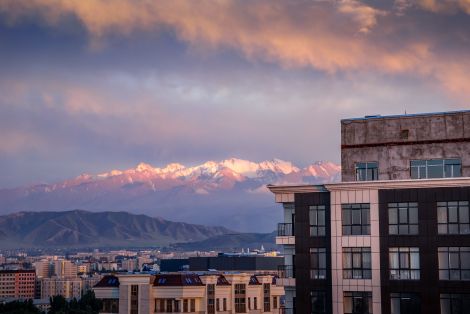
Since the Treaty of Aachen in 2019, integrated Franco-German institutes have begun to open their doors in various parts of the world, including the future Franco-German Cultural Institute of Bishkek. It is therefore relevant to study the implementation of such an initiative in a country as unique as Kyrgyzstan, which oscillates between American, Chinese, and Russian cultural influences, among others.
From Georgia to Notre-Dame de Paris
Historical journey of a fragment of the true cross
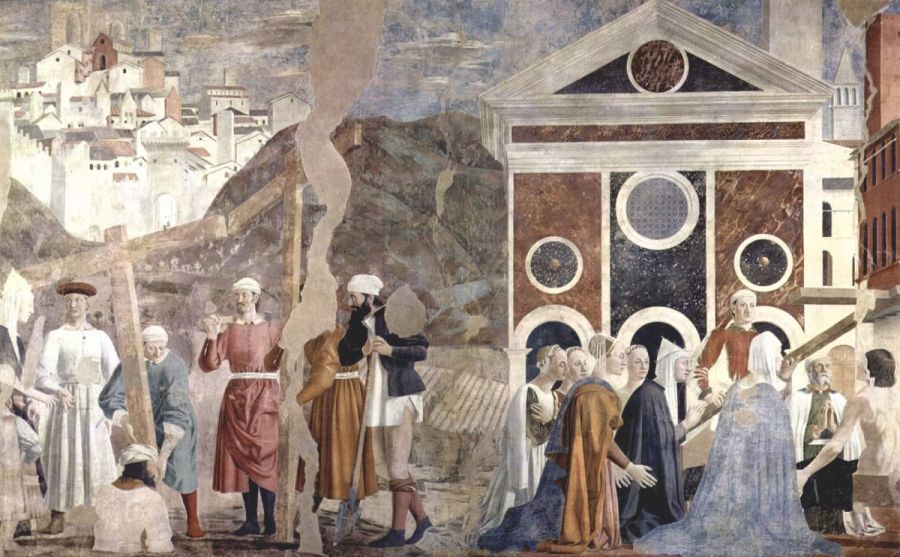
Research on the history of the true cross of Anseau, which belonged to King David IV of Georgia. It was sent in the 12th century to Notre-Dame de Paris by Canon Anseau, who obtained it from the widow of the King of Georgia. During the French Revolution, it was saved and returned to the treasury of Notre-Dame de Paris in the 19th century. The records of its presence in the treasury of Notre-Dame de Paris date back to the early 20th century. They then disappear...
History of French cultural diplomacy.
Evolution and resonance of Franco-German cooperation in cultural action in contemporary Russia.
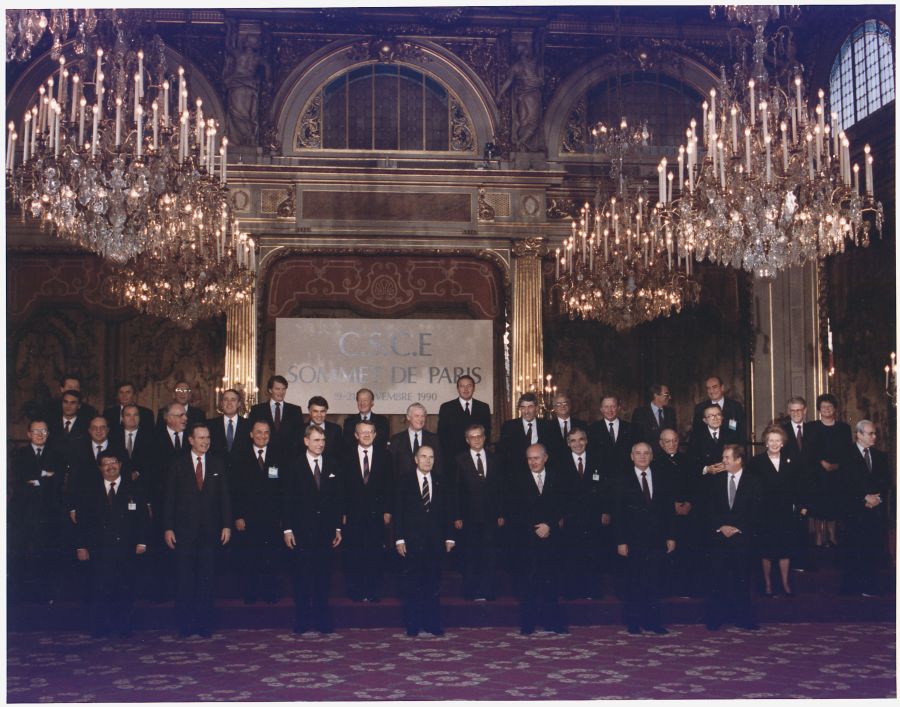
With the fall of the Soviet Union, new perspectives opened up for Germany and France in Eastern Europe, particularly in terms of cultural and artistic action. The promise of a common house from the Urals to the Atlantic also changed the goals and modalities of cultural diplomacy in this region. More than promoting a better mutual understanding among European peoples, the aim of the cultural exchange initiatives between European countries was to strengthen the idea of Europe and its democratic values In contemporary Russia, Germany and France have pursued similar objectives: it is not just about promoting their national cultures, but about creating spaces for cultural exchange and creation with Russian partners. Given the rise in political tensions in recent years, we are in a position to question whether these objectives of cultural cooperation can still lead to a political partnership with Russia in the long term. This also involves sunderstanding how to assess the impact of cultural action by Germany and France in Russia. Finally, it is also about dentifying the potential of Franco-German – or even European – cooperation – in Russia, which is slowly intensifying.
COMPLETED
German and French cultural diplomacy in the Russian Federation:
Between soft power and accommodation.

The relations between France and Germany, as drivers of the European Union, and Russia, on the other hand, are experiencing a period of tension, particularly since the Ukrainian crisis in 2013. These tensions largely stem from the differing worldviews[1] between the two sides, leading to disagreements and mutual misunderstanding. The nature of these tensions is therefore primarily cultural[2]. But can culture, described by Willy Brandt as the third pillar of a country's foreign policy[3], not reconcile the two sides by facilitating an understanding of each other's worldviews andenable the establishment of a lasting partnership between Russia and the European Union in a multipolar world ?
Perceptions of Germany, France, and Russia through the eyes of the other.
Results of the quantitative analysis of drawings on representations of one's « own » society and « foreign' societies ».
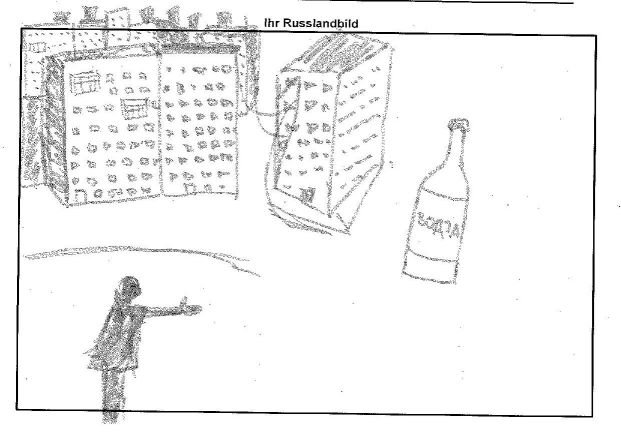
Research conducted as part of an article for the Russian Academy of Sciences on the perspectives of Germans, French, and Russians on their own country and foreign countries.
Place of visibility in the ideal cityscape
Visual field research on urban political aesthetics in Germany, Georgia, and Poland.
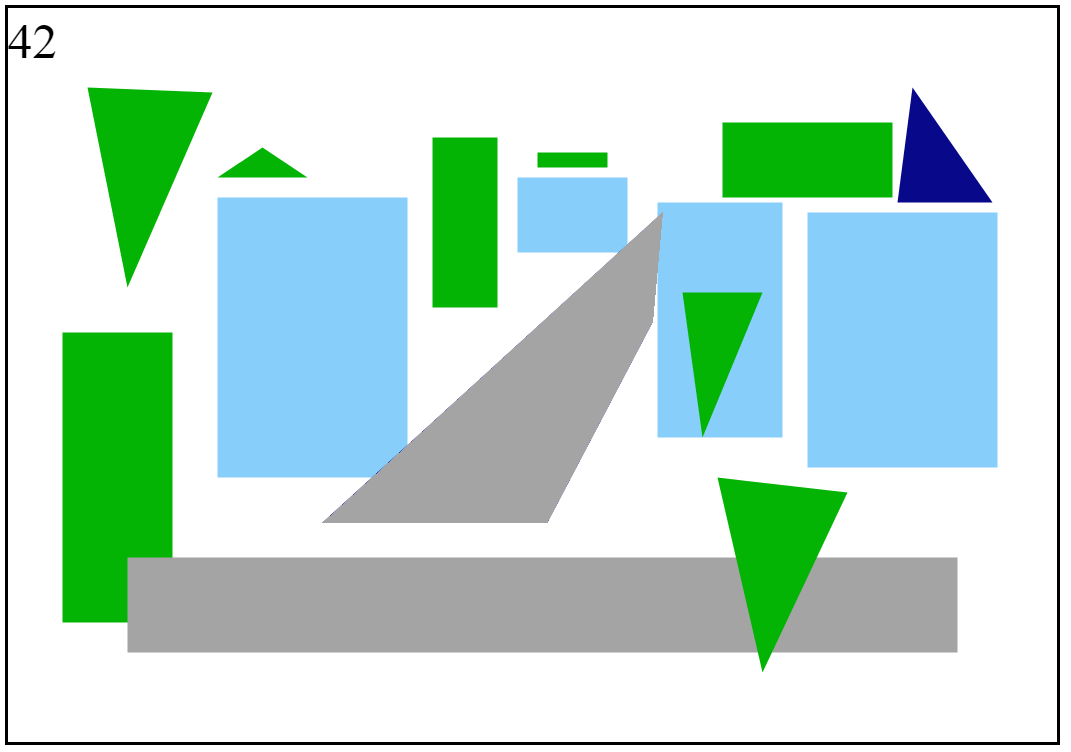
« What should the city look like in which you would feel good and could thrive ? » Based on this question, an iconographic study on urban and political aesthetics was conducted in Germany, Georgia, and Poland as part of the project « Social Cohesion, Political Aesthetics, and Cultural Semantics » ed by Professor Matthias Theodor Vogt.
Images of Small Towns
How urban, how rural are our small towns, using the example of Loire-Atlantique and Upper Lusatia-Lower Silesia
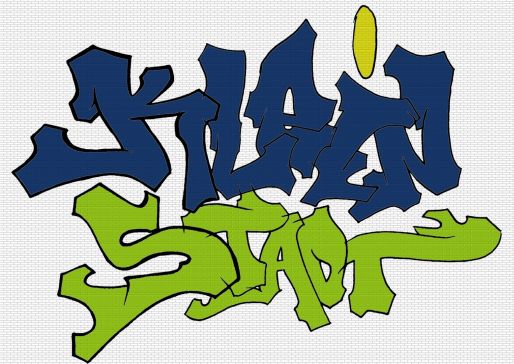
The subject of this work corresponds to a scientific necessity, as too little attention has been paid to the issue of small towns. Moreover, attempts to define the term 'small town' in a general way have failed. The aim of this work is not to add a new definition to the term but rather to explore the images associated with it. The objectives of this study are therefore (1) to understand people's representations of small towns and (2) to identify the representations of people living in small towns. The aim is to test the hypothesis that there is a contradiction between these two representations – as small towns are always perceived as rural, but their inhabitants are no longer entirely so.
ON HOLD
The dichotomy of the state and intelligentsia in Russia
Historical and contemporary perspectives
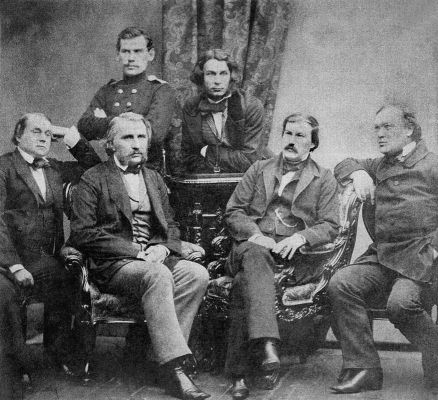
Article as part of the seminar on social movements in Eastern Europe. How are the relations between the state and the intelligentsia articulated in Russia?